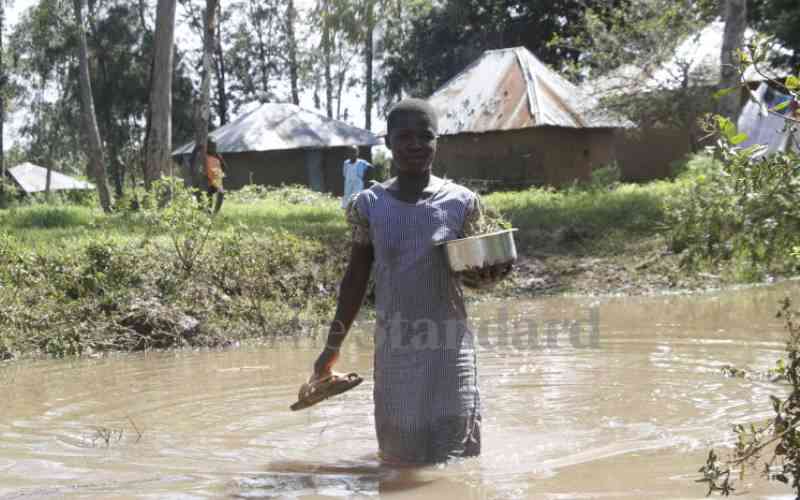×
The Standard e-Paper
Kenya’s Boldest Voice

The recently released IPCC synthetic report has a scary projection on possibility of exceeding the 1.5C global warming limit, which means more disasters, especially in the global South.
The report recommends taming appetite for fossil fuel profits and significantly increasing action. But how do we deal with fossil fuel cartels when some African leaders are just realising they have been sitting on black gold?